
Carolyn Davis Talks About Her Leqembi Infusions
The newest and most promising drug to fight Alzheimer’s is Leqembi. Carolyn Davis is giving it a try. Learn about the promise, the risks and how it has restored her hope,

The newest and most promising drug to fight Alzheimer’s is Leqembi. Carolyn Davis is giving it a try. Learn about the promise, the risks and how it has restored her hope,

Environment, Empathy and Engagement improve sundowning, or sundowners syndrome, in dementia and Alzheimer’s. Explore effective strategies to comfort and support your loved ones symptoms.

Scheduled to begin on May 9, 2024, six new monthly sessions are now available in this free Continuing Education Program.

A BEAUTIFUL MUSIC VIDEO: A son, his mother, Alzheimer’s and love.
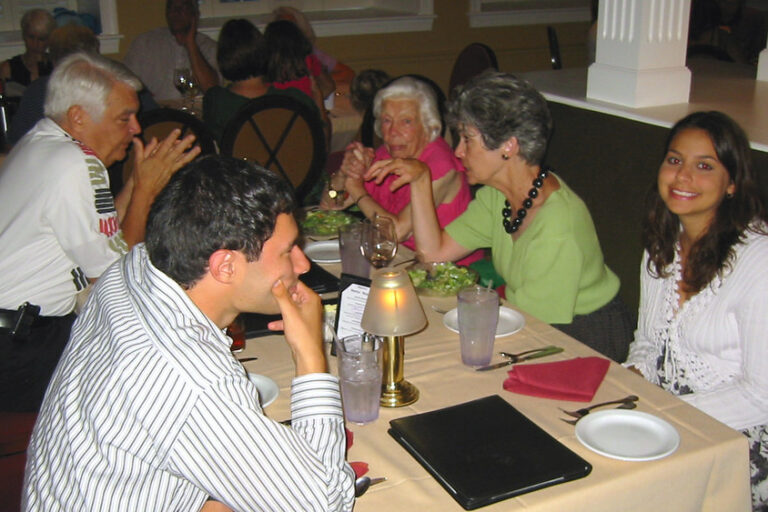
Mothers’ Day in the USA is May 12. Going out? Preparing a meal at home? Keep these tips in mind when hosting Mom with Alzheimer’s.

“All that I am, or hope to be, I owe to my angel mother.” (Abraham Lincoln)
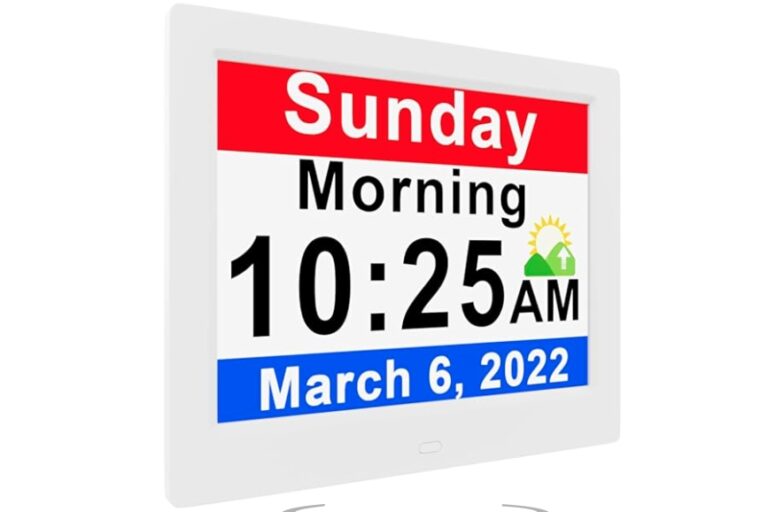
In dementia, people repeatedly ask, “What’s the time?” “What day is it?” Easily solve this with Dementia-clocks / Calendar-clocks. Check out 7 clocks with good looks and limitless patience.

BEHAVIOR DRUGS & THE DICE MODEL: Doctors write millions of prescriptions each year to calm people with Alzheimer’s. Learn how non-drug dementia-caregiving works better, while carrying far fewer risks.
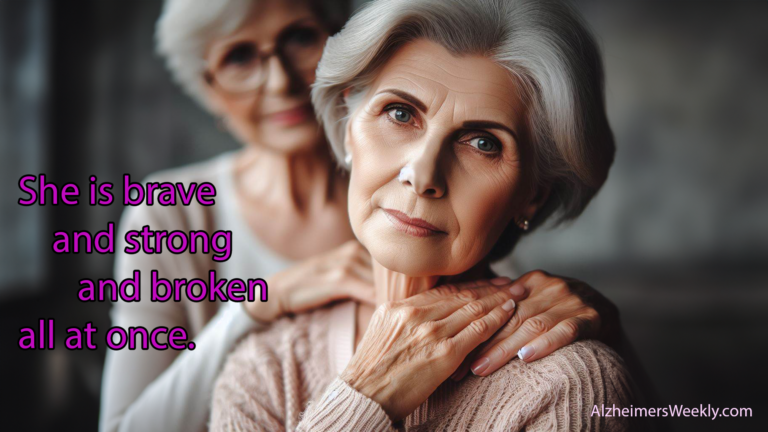
She is brave and strong and broken all at once.

VIDEO + ARTICLE: Rudolph Tanzi and Doo Yeon Kim have invented a revolutionary new tool to uncover the mysteries to finding an Alzheimer’s cure and counter the coming epidemic of dementia.
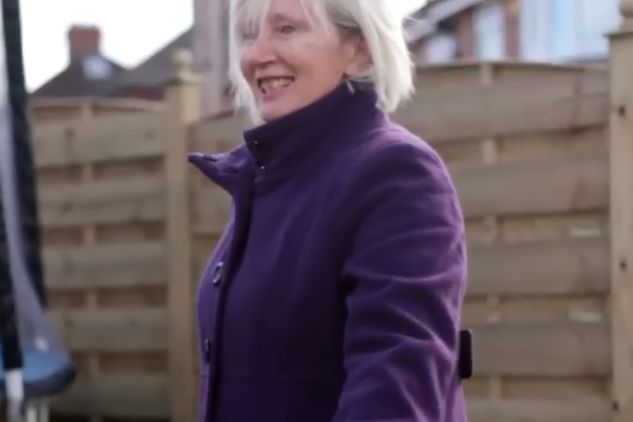
VIDEO: This is not a story about dementia. This is a story about Liz.

COMMUNICATIONS VIDEO + TRANSCRIPT: In Alzheimer’s, talking to a loved one can be very frustrating. Here are 3 tips that can help.
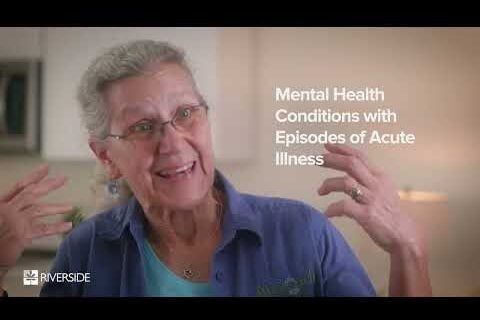
Teepa Snow, Dementia Care Specialist, shares what you need to know about conditions that can mimic dementia, but are actually reversible or treatable.

SHORT-TERM MEMORY lapses are obvious signs of Alzheimer’s, but other tell-tale signals begin to show much earlier. Learn how to look for semantic impairments, such as simple questions about size.

Three important dementia studies focus on HS-AGING, a type of dementia almost as common as Alzheimer’s in the 85+ group. Yet few people have heard of it. Why? What makes it different?

An intriguing study of 120 grandmothers might surprise you. Doctors know socially engaged people have better cognition and less dementia. But can a person get too much of a good thing? What’s the right balance?

Enjoy this great duet between a musician with dementia and his son. A triumph of spirit over Alzheimer’s! Sing-a-long if you like!
No spam, only news and updates.


